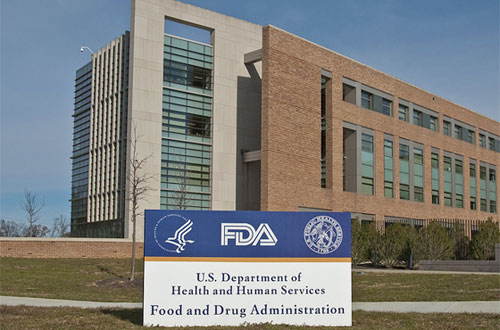
Exelixis and partner Genentech have secured FDA approval for Cotellic, the first direct competition to Novartis’ Mekinist in the US.
Like Mekinist (trametinib), Cotellic (cobimetinib) is a mitogen-activated protein kinase (MEK) inhibitor and has been approved for use alongside Genentech’s BRAF inhibitor Zelboraf (vemurafenib) in patients with BRAF V600-positive advanced melanoma.
In September, the Committee for Medicinal Products for Human Use (CHMP) recommended EU approval for Cotellic plus Zelboraf, and the regimen has also been given a green light by the Swiss regulator.
Roche subsidiary Genentech now has a combination that can compete head-to-head with Novartis’ Mekinist and BRAF inhibitor Tafinlar (dabrafenib) – a duo which has eaten into Zelboraf’s market share since its approval in the US in 2014.
Sales of Zelboraf declined 25% in the first nine months of the year, falling more than 40% in the US, and will come under renewed pressure now that the Mekinist/Tafinlar combination has been approved in Europe after some considerable delay.
Novartis acquired Mekinist and Tafinlar along with several other oncology assets from GlaxoSmithKline (GSK) in a $16bn deal that closed earlier this year, and brought in $306min the first three quarters of the year.
Commenting on the approval, the FDA’s Richard Pazdur said: “As we continue to advance our knowledge of tumour biology, we have learned that cancer cells have a remarkable ability to adapt and become resistant to targeted therapies.”
“Combining two or more treatments addressing different cancer-causing targets may help to address this challenge,” he added.
Metastatic melanoma is one of the most aggressive forms of skin cancer, with a median overall survival (OS) of between eight and 18 months, and BRAF mutations are seen in around half of all patients.
In May, Exelixis and Genentech reported progression-free survival (PFS) of just over 12 months for their duo, compared with around seven months for Zelboraf alone, prompting analysts to predict sales for the combination in the region of $750m a year at peak.
Prospects for melanoma patients have also been heightened considerably with the approval of immunotherapies, namely Bristol-Myers Squibb’s CTLA4 inhibitor Yervoy (ipilimumab) and PD-1 antagonist Opdivo (nivolumab), as well as Merck & Co’s PD-1 blocker Keytruda (pembrolizumab).
Some oncologists have predicted that in time PD-1 inhibitors will become first-line therapies for melanoma, with BRAF/MEK-targeting combinations used second-line and other drugs such as Yervoy reserved for later-line use, also in combination.




